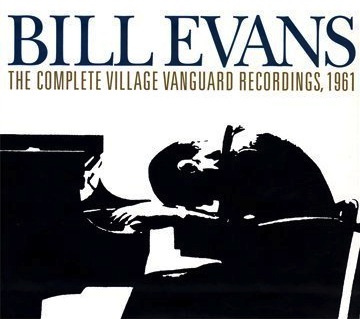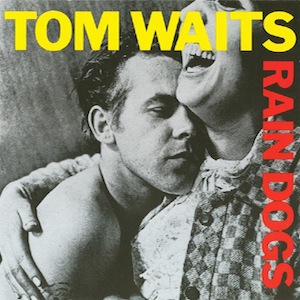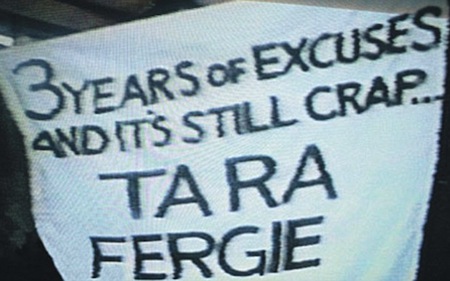New researchers, interdisciplinarity and social media
Sunday, February 23rd, 2014As a result of recent policies in UK doctoral education, an increasing number of PhD students are choosing interdisciplinary routes, and earlier this week, Sarah Byrne presented a much-needed focus on the consequences for new researchers. Half of the participants in my PhD research were undertaking programmes in newly established Doctoral Training Centres (DTCs), where they were engaged in various combinations of interdisciplinary study, often involving links with industry. Whilst it wasn’t the key focus of my research, some of the issues they raised correspond with Byrne’s concerns about appropriate support structures within the wider academic community.
Arguably, such programmes provide PhD students with an opportunity to explore and help shape emergent academic fields and develop distinctive research portfolios. Yet as Byrne suggests, they present unique challenges, such as reviewing literature across multiple subject areas, and negotiating new supervisory combinations. Further, in relinquishing the opportunity to establish foundational expertise within a single core subject, students risk exclusion from teaching opportunities and face uncharted career trajectories. My DTC-based participants particularly noted the limited opportunities for dissemination, publication and networking that many of us in discipline-specific environments take for granted through well-established conferences, journals and networks.
Of course all academics are interdisciplinary to a degree, and all of my participants engaged with peripheral disciplines and activities as part of their studies. Indeed, one ‘traditional PhD’ participant was critical of his department’s ‘infatuation’ with establishing links with industry. However, doctoral practice and identity development is manifestly complicated when it is required to be oriented towards formal interdisciplinary programmes and the specific research profiles of departments. That said, the feedback from my DTC participants indicated that they at least were encouraged and supported to develop their own innovative research topics within the broad interdisciplinary parameters established by their departments, with the view that the profile of the DTCs would themselves become partly defined by the activities of their early cohorts. Taking such a perspective positions the interdisciplinary PhD student not as merely a recipient of current doctoral education policy, but at the centre of future academic practice, potentially shaping the interdisciplinary landscape.
Postgraduates and early career researchers are increasingly using social media to network across institutional and disciplinary boundaries, with the potential to develop new interdisciplinary contexts. I’ve seen how initial formal links across DTCs have been supplemented by PhD students creating informal networks through social media, establishing communication channels beyond their institutions with the potential to support shared practice around the challenges of interdisciplinary study. Similarly, they have utilised social networks to develop informal links with external agencies and businesses and establish interesting online spaces between academic and non-academic practice. However, in some cases, the difficulties in adopting to interdisciplinary study has also resulted in them using existing social media to revitalize pre-doctoral networks and social support structures, reinforcing their association with core or foundational disciplines.
As I’ve suggested previously, interdisciplinary activities involving ‘adjacent’ disciplines in particular – as is generally the case with the DTCs – will tend to result in highly contested knowledge claims. Yet the ‘resistance’ to interdisciplinary research that Byrne describes might also be indicative of an academic community increasingly compelled to engage in external and industrial partnerships and relate research agendas to ‘real world’ problems, whilst attempting to maintain disciplinary knowledge and academic integrity. Given such a landscape, will new interdisciplinary researchers risk being marginalised, or might they be best positioned to develop the capacity and resilience to engage in the increasingly unbounded and unreliable academic environments of the future?






